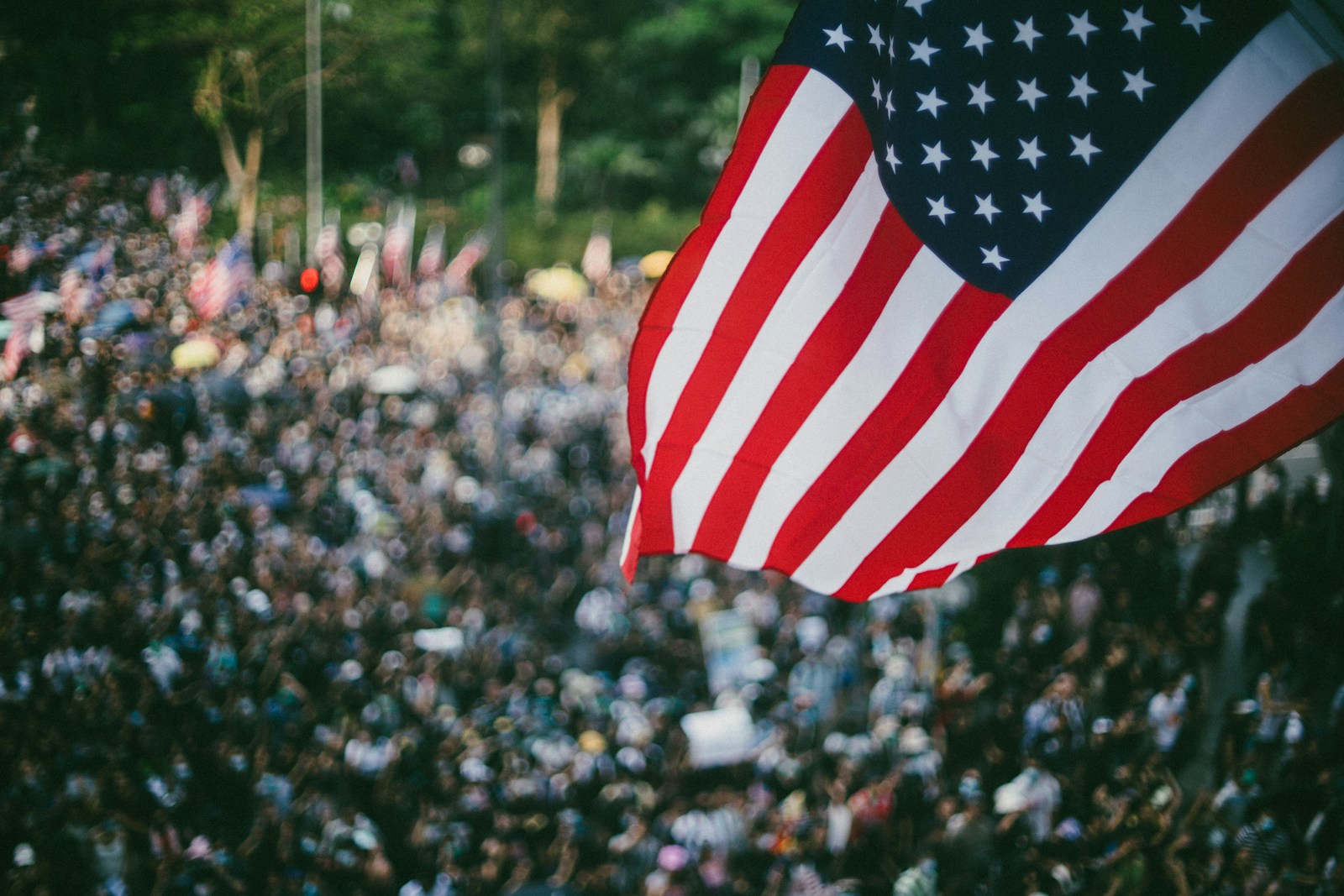Key Takeaways
– An economist says the deal raises U.S. taxes on Japanese goods.
– Trump said Japan will invest and create many American jobs.
– The critic argues the plan shows a poor grasp of basic economics.
– Experts doubt big gains in car and rice exports to Japan.
– The deal may not bring the promised benefits to U.S. consumers.
Background on the Deal
President Donald Trump announced a new trade agreement with Japan. He called it his largest trade deal ever. According to the president, the United States will set a 15 percent tariff on Japanese imports. This rate is ten points below his previous threat. Also, he said Japan will invest five hundred fifty billion dollars in the U.S. That money is supposed to create hundreds of thousands of jobs.
A Stunning Critique
However, Australian economist Justin Wolfers ridiculed the agreement on national television. He told viewers that the deal shows how someone can fool a president who does not understand economics. In simple terms, Wolfers said Trump had raised taxes on Americans who buy Japanese goods. He pointed out the tax jump from two percent to fifteen percent. Then he asked what the U.S. had gained.
Little in Return
Wolfers explained that America got a small amount of market access in Japan. In other words, Japan will buy a bit more U.S. stuff. Yet, that gain seemed tiny compared to the new U.S. tax on imports. Therefore, he called the deal a poor exchange.
Automotive Trade Talks
First, Trump had complained about Japanese barriers to U.S. cars. He said strict rules and hidden fees block American vehicles. He insisted that his new deal would open Japan to cars and trucks built in the U.S. He also claimed this would lead to many new auto jobs.
Why That May Fail
Next, Wolfers poured cold water on that hope. He said the real reason Americans do not sell many cars in Japan is taste. Japanese buyers prefer small, fuel efficient models. By contrast, U.S. automakers often make large trucks and SUVs. Therefore, Wolfers said it is unrealistic to expect a sudden rush of American cars in Japan. He added that nothing in the agreement forces U.S. makers to build smaller models.
Rice Trade Dispute
Another point of tension was rice. Trump called Japan spoiled for not buying U.S. rice. He promised the new deal would boost American rice exports to Japan.
Why Rice Won’t Change Much
However, Wolfers dismissed that claim too. He noted that rice is a global commodity. A grain from the U.S. is the same as one from Australia or Canada. Hence, small changes in tariffs will not shift major buying habits. In fact, few importers will pay higher rents or fees just to get American rice. Thus, the deal is unlikely to spark a rice export boom.
Economic Basics Overlooked
Moreover, Wolfers stressed that a tariff hike on imports is effectively a tax hike on U.S. businesses and consumers. When the U.S. charges fifteen percent on Japanese goods, American buyers pay more. Companies importing Japanese parts face higher costs. In turn, they may pass those costs to customers. As a result, U.S. households could see higher prices for many products.
Long Term Effects
Furthermore, experts warn that adding trade barriers can hurt innovation. When companies pay more for parts, they seek cheaper alternatives. This may lead them to move factories abroad or switch suppliers. Over time, the U.S. may lose jobs in certain sectors. Also, higher input prices can slow overall economic growth.
What About Job Claims
Trump said the deal will create hundreds of thousands of American jobs. Yet, Wolfers called this promise hollow. He asked how new jobs could appear if the deal mainly raises taxes on imports. He argued that with higher costs, firms will trim staff to save money. Instead of hiring more workers, they may downsize.
Political Motives
In addition, Wolfers hinted that the trade deal serves a political goal. He suggested that Trump sought a big announcement before the next election. By calling it the largest trade pact, the president could claim victory to voters. However, in Wolfers’s view, the real gains are minimal.
Expert Opinions
Also, other economists have warned about similar deals. They say that without deep market reforms, a simple tariff swap offers little. True trade wins happen when barriers fall and firms innovate. By contrast, shallow deals can make trade more expensive.
Impacts on Consumers
Meanwhile, American shoppers may face higher prices on electronics, tools, and other goods. If import taxes rise, stores will pass the costs on. Therefore, even if Japan buys a bit more U.S. stuff, most people will feel the price pinch.
Global Trade Trends
Beyond Japan, the move may affect U.S. relations with other trade partners. Some may ask for similar tariff demands. Others may view America as unpredictable. In the long run, higher trade barriers can spark retaliation and trade wars.
Lessons in Economics
In conclusion, the economist’s main point is that real trade deals require more than numbers on paper. They need firm commitments on standards, regulations, and market access. Also, they must consider consumer tastes and global competition. Without these factors, a deal can look big but offer little.
What Comes Next
Finally, as the agreement goes into effect, both sides will watch trade flows closely. If U.S. imports from Japan drop sharply, it may lower the trade deficit. Yet, if prices rise and exports stay flat, the deal may backfire. Only time will tell if this pact truly benefits the American economy.
Overall, critics like Wolfers see the agreement as mostly symbolic. They argue that it shows a lack of understanding of basic trade principles. Therefore, they urge policymakers to focus on deeper reforms rather than headline grabbing deals.
